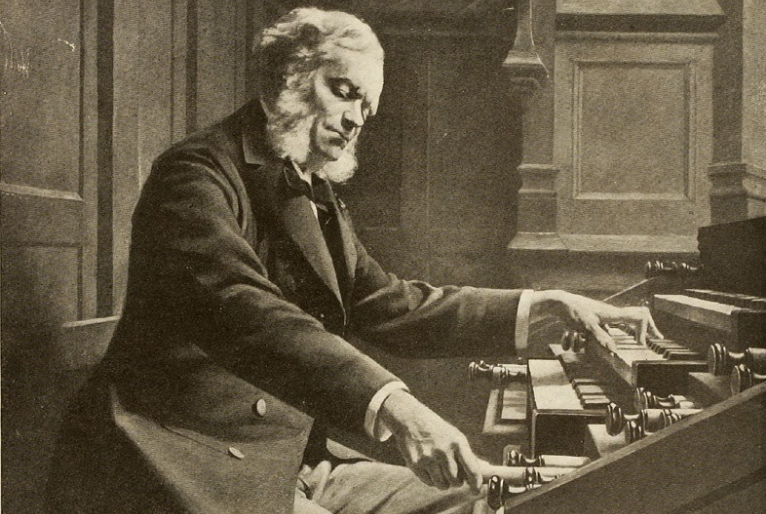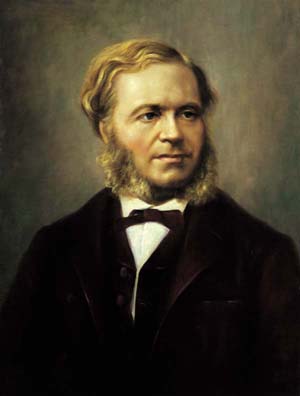In the world of classical music, there are few composers whose work continues to captivate and inspire generations. One such luminary is César Franck, a Belgian-born composer who left an indelible mark on the world of Romantic music. Franck’s compositions are renowned for their profound emotional depth, intricate harmonic structures, and innovative approaches to form. Join us as we delve into the life and legacy of this musical genius whose compositions continue to enchant audiences even today.
Early Life and Musical Development:
César Franck was born on December 10, 1822, in Liège, Belgium. From an early age, he displayed an extraordinary talent for music. Recognizing his prodigious abilities, his father enrolled him at the Royal Conservatory of Liège, where Franck quickly excelled in piano and organ performance. His aptitude for composition became evident during his formative years, and he began to develop a unique musical voice that would set him apart from his contemporaries.
The Parisian Influence:
In 1835, Franck and his family moved to Paris, which would prove to be a transformative period in his life. In the vibrant musical atmosphere of the French capital, he studied at the Paris Conservatoire under renowned composers and pedagogues such as Anton Reicha and François Benoist. Franck’s time at the Conservatoire was marked by his unwavering dedication to his craft, and he received numerous awards for his exceptional abilities as a pianist and organist.
Franck’s Creative Output:
César Franck’s compositions span various genres, including symphonies, chamber music, choral works, and organ music. His masterful blending of traditional forms with innovative harmonic language made his compositions both deeply expressive and structurally groundbreaking. Notable works include his Symphony in D minor, the Violin Sonata in A major, the Prelude, Chorale, and Fugue for piano, and his monumental Organ Symphony.
Franck’s Musical Legacy:
Despite facing initial resistance from conservative musical circles, Franck’s compositions gained recognition and popularity during the latter part of his life. He was renowned as an exceptional teacher, with notable pupils such as Vincent d’Indy and Henri Duparc, who would go on to become influential figures in their own right. Franck’s harmonic language and his use of cyclic themes became highly influential in the development of musical impressionism and symbolism.
Conclusion:
César Franck’s contributions to the world of music are immeasurable. His unwavering commitment to artistic integrity, his ability to bridge the gap between traditional and progressive musical ideas, and his profound emotional expressiveness make him one of the most remarkable composers of the Romantic era. Despite facing initial challenges, Franck’s music continues to be celebrated and performed worldwide, enchanting audiences with its timeless beauty. Through his compositions, César Franck reminds us of the transformative power of music and its ability to touch the deepest corners of our souls.


Comments are closed